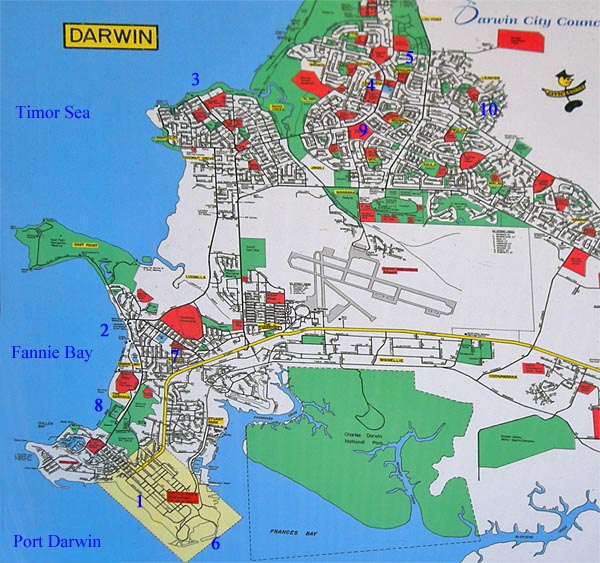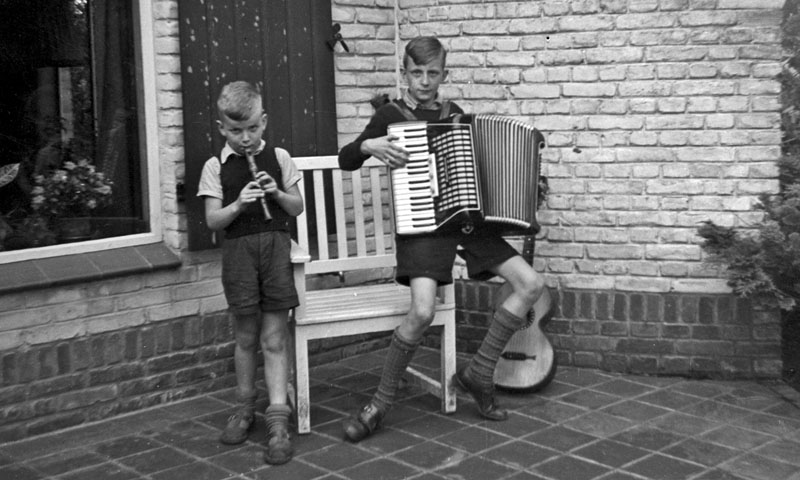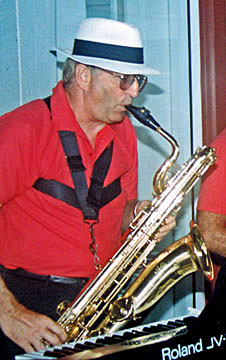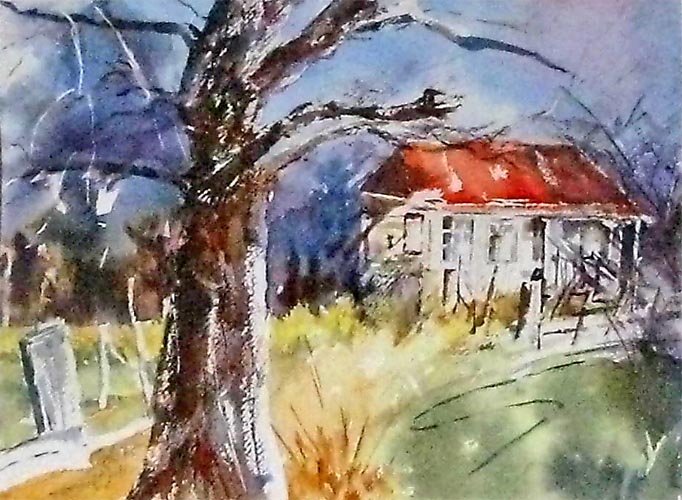Biographical Log of Michael Furstner - Page 277
11 | 12 ||
2012 :
Jan |
Feb |
Mar |
Apr |
May |
Jun |
Jul |
Aug |
Sep |
Oct |
Nov |
Dec || Page :
Previous |
Next
Martinshof Story -
Happiness -
Awareness -
Black Forest walks -
Camino -
Dolmen Tour -
Travel
Most Recent -
Next -
Previous -
Page 1 -
Photos -
Maps & Articles -
MP3s -
Jazclass
Thursday - Monday, March 21 - 25 2013
(diary)
 A few weeks ago I was approached by the Management of the Darwin Trailer Boat
Club (DTBC) to start a Bridge Club at their waterfront premises
in Fannie Bay.
A few weeks ago I was approached by the Management of the Darwin Trailer Boat
Club (DTBC) to start a Bridge Club at their waterfront premises
in Fannie Bay.
The DTBC (location "2" on adjacent map) is right
next to the Darwin Sailing Club, where (6-10 years ago) I used to be
very active in helping to run
their weekly yacht races.
I agreed to give the DTBC's idea a go. It is a wonderful location and
a great alternative for players living in the Darwin city and its
surrounding suburbs. At present the only bridge venue in Darwin is in
Leanyer in the far NE ("10" on the map) a long way from Darwin's
city center.
As a first step I will run a Beginners Bridge Course at the DTBC
on Wednesday evenings (from 7pm) commencing a few weeks after Easter
on April 24.
The DTBC has announced this event in their recent
Newsletter and I will also place a few advertisements in the NT
News Saturday newspaper a couple of weeks beforehand. I
keep my fingers crossed and hope this venture will have a better fate
than last year's attempt to start a Bridge Club in Bees Creek, which attracted no
interest whatsoever.
Most Recent -
Next -
Previous -
Page 1 -
Photos -
Maps & Articles -
MP3s -
Jazclass
Tuesday - Sunday, March 26 - 31 2013
(diary)
 One of the Australian free to air commercial TV stations is at
present showing a rerun of the delightful British series
Pie in the Sky.
One of the Australian free to air commercial TV stations is at
present showing a rerun of the delightful British series
Pie in the Sky.
The series is about a semi-retired
policeman who tries to combine his occupation as chef/owner
of his restaurant "Pie in the Sky", with the not infrequent
crime investigations his former Police superior throws his
way.
I enjoy the various episodes but my main attraction
to the series is its signature tune (played at the
start and end of each episode) featuring a wonderful
baritone sax solo. Every time I hear it my soul
resonates and I become highly emotional, almost to tears.
My earliest love with the sound of a musical
instrument was the piano accordion which, during the
years just after the war (WW2), was as popular an instrument
in Holland as it was (and still is) in France. I started to
play the piano accordion at age 12, and played in two
accordion bands and performed at concerts and dances in
several villages of the Gelderse Achterhoek (the
region to the East of the river IJssel).
 But through the 1950s Jazz started to take hold of the
Netherlands. At first through the midnight radio Jazz
broadcasts of the Voice of America (with Duke
Ellington's Take the A Train as its signature tune) I
listened to every night I could.
But through the 1950s Jazz started to take hold of the
Netherlands. At first through the midnight radio Jazz
broadcasts of the Voice of America (with Duke
Ellington's Take the A Train as its signature tune) I
listened to every night I could.
Soon after numerous
"Dixieland" bands started to spring up out of nowhere
throughout the Netherlands, and an increasing number of Jazz
records became available from a wide range of American,
English and Dutch Jazz artists.
That is when I discovered
and fell in love with the baritone sounds of
Gerry Mulligan and Ronnie Ross.
But it was not until the early 1980s, after leaving my
Geology and Engineering profession, that I had the opportunity
to make the sound of this wonderful instrument my
own.
I was enormously lucky to fall in the hands of the legendary
Jazz Educator, band conductor and then Head of the Tertiary
Jazz College in Adelaide, Hal Hall for my first
serious lessons on the baritone sax.
"Divide you practice time in half," he
told me "use the first half to work on
your tone, use the rest for everything
else!"
"Sooner or later every player will be able to play notes very
fast," Hal Hall elaborated "but
only those who have developed their own unique sound
will be noticed and appreciated.
I took his advice to the letter and for the first
2 to 2½ hours of every morning of my daily (4-5 hours)
saxophone practice slogged away on my tone. And it worked ! Although after 3 years my
technique was still at a relative beginners level, my baritone
sax tone had developed into a deep resonant mellow sound which was
the envy of many saxophone players who heard me. It also gave
me an enormous sense of achievement.
It took me another 7 years before my technical skill started
to reach a professional level. Ironically, having reached that
point I started to travel around Australia while camping in
Caravan parks, which made it more or less impossible to
practise or play saxophone. But
for me it has always been the journey, not the
destination, that has been my motivator. What is the
point of continuing once you reached your destination ?
 Now, more than 10 years later, when I hear the baritone sound
from "Pie in the Sky" I ask myself : "Shall I go back to this
and start playing again ? But so far the answer remains
"no".
Now, more than 10 years later, when I hear the baritone sound
from "Pie in the Sky" I ask myself : "Shall I go back to this
and start playing again ? But so far the answer remains
"no".
I believe that one of the most important things during your
life is finding your own voice.
For there are two interdependent elements to every
personal expression you pursue :
It
is
not only what you wish to say, to express, to convey
that you should focus on. It is also how (the
voice with which) you express yourself that is (at
least) equally important.
In music it may have been my own improvisation or a written
piece of music that I wanted to
express, but only through the voice I developed on my
baritone sax became this expression truly and uniquely
me.
In painting it is not the subject, but the way the artist
expresses it, that is important. Likewise the story a
writer creates (I believe) is less important than the unique way
in which he (or she) conveys it to the reader.
In fact throughout our life we develop our own voice in
everything we do, be it business, our profession, our
creativity.
And success or failure is as much dependant on how we
approach something as on what we wish to achieve.
Comments -
Most Recent -
Next Page -
Previous -
Top -
Page 1 -
Photos -
Maps & Articles -
MP3s -
Jazclass
© 2013 Michael Furstner



